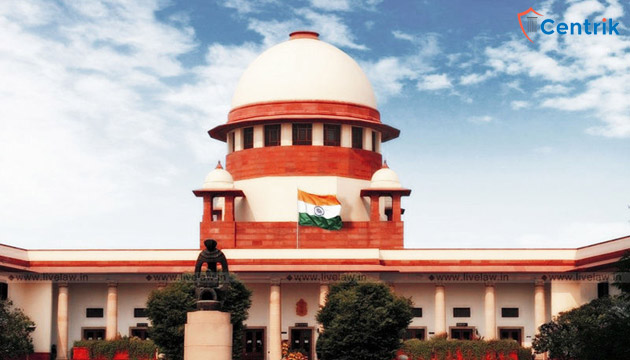
Status as on- 17/06/2021
Introduction
In Committee of Creditors of Essar Steel India Limited vs Satish Kumar Gupta, the Supreme Court of India defined Section 60(5) of the Code as a residuary jurisdiction vested in the NCLT, allowing the NCLT to decide all questions of law or fact arising out of or in relation to the corporate debtor’s insolvency resolution or liquidation under the Code. The Supreme Court also held that Section 60(5), as a non-obstante clause, is intended to ensure that the NCLT alone has jurisdiction to decide applications and procedures by or against a corporate debtor; consequently, no other body has power to consider such applications or processes.
Exceptions
In Embassy Property Developments (Private) Limited vs State of Karnataka the Supreme Court said that “…, the jurisdiction of the NCLT delineated in Section 60(5) cannot be stretched so far so as to bring absurd results.”
- The Supreme Court has also established several restrictions to the NCLT’s jurisdiction over specific circumstances involving a corporate debtor undergoing insolvency resolution.
- The Supreme Court concluded that the NCLT and NCLAT do not have jurisdiction over a dispute arising under the Mines and Minerals (Development and Regulation) Act, 1957, concerning a statutory authority’s refusal to renew a mining lease in favor of the corporate debtor.
Section 60(5) and contractual disputes
The Supreme Court examined the scope of the NCLT’s authority under Section 60(5) of the Code in the context of contractual disputes in Gujarat Urja Vikas Nigam Limited vs Mr. Amit Gupta and Ors. In The current case, the Supreme Court concluded that the NCLT has jurisdiction to hear disputes arising primarily from or related to the corporate debtor’s insolvency, even overriding the requirements of the Electricity Act, 2003.
But when exercising authority under Section 60(5) of the Code, the Supreme Court advised the NCLT and NCLAT to take care not to usurp the legitimate authority of other courts, tribunals, and forums when the dispute does not arise entirely from or relate to the corporate debtor’s insolvency.
Conclusion
The NCLT’s jurisdiction under the Code is wide in scope, but it is confined to matters arising from or related to the corporate debtor’s insolvency resolution and liquidation proceedings. The NCLT can exercise jurisdiction in relation to contractual disputes in relation to a corporate debtor but while exercising jurisdiction under Section 60(5), the NCLT cannot take the place of other courts, tribunals, and forums when the dispute does not arise solely from or relate to the corporate debtor’s insolvency.
Disclaimer – The above article is based on the personal interpretation of the related orders and laws. The readers are expected to take expert opinion before relying upon the article. For more information, please contact us at rera@centrik.in




 join For Updates
join For Updates